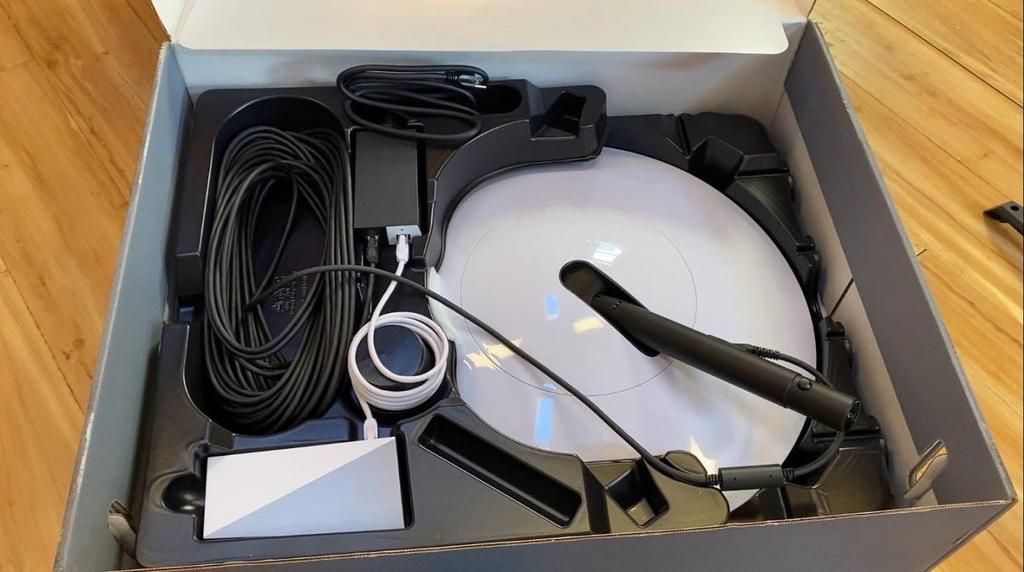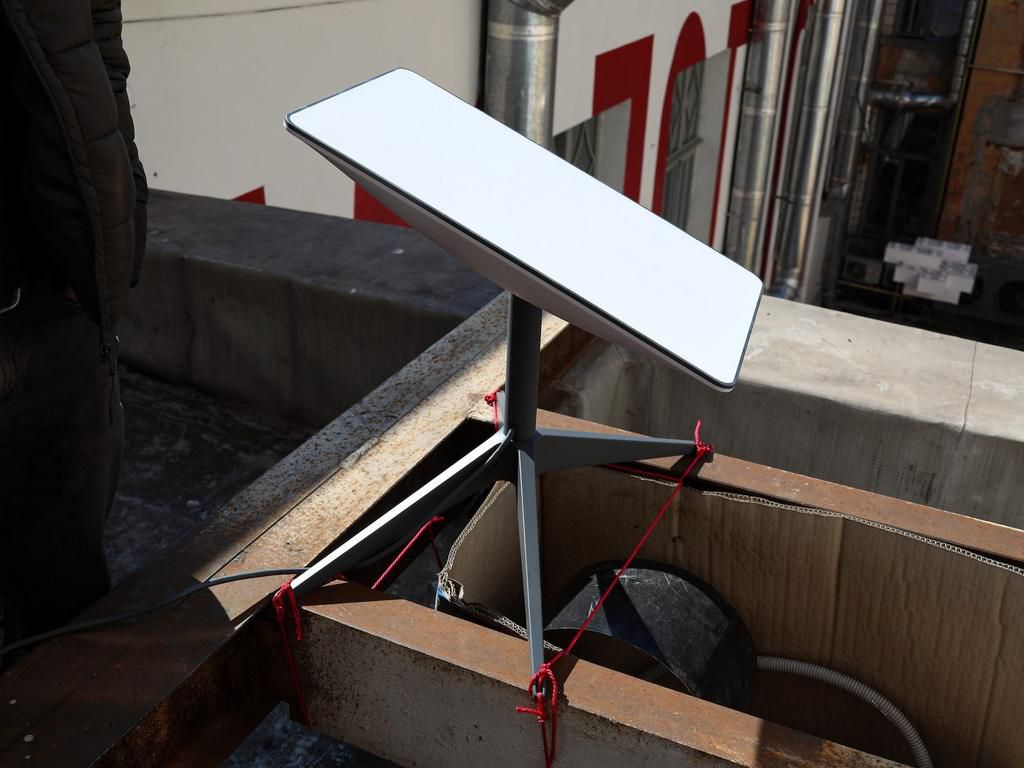Three African countries where Elon Musk's Starlink is illegal
)
When Elon Musk’s Starlink made its debut in Nigeria in January 2023, the next-gen satellite internet service provider promised to usher in a new era of high-speed internet connectivity in Africa's most populous nation. It also promised low-latency internet to areas where it is either unreliable or inaccessible.
At the moment, Starlink has spread its tentacles of operation to several other African countries including Mozambique, Rwanda, Mauritius and Sierra Leone, with 19 more African countries scheduled for launch in 2023 and 2024.
However, its operation in Africa has not been all rosy as it is facing regulatory challenges on the continent, where only 40% of its over 1.3 billion population have access to the internet, the lowest rate in the world.
Below are the African countries where the use of Starlink is illegal.
South Africa

On August 14th 2023, South Africa banned the import of Starlink kits. South Africa’s telecommunications regulator has demanded that a local Internet Service Provider (ISP) stop acquiring, distributing and facilitating the sale of any Starlink products in South Africa, that will in any form provide satellite access to Starlink services.
The ban is due to a legal requirement imposed by the Electronics Communications Act (ECA). This act mandates that historically disadvantaged groups (HDGs) must own 30% of a company before it can get the necessary telecoms licences to operate a broadband service locally.
HDGs include black people, youth, women, and people with disabilities. Since Starlink has not met this requirement it could not get the necessary telecommunications licenses to operate.
Zimbabwe

Early this month, Zimbabwe’s Postal and Telecommunications Regulatory Authority (POTRAZ) issued a warning to Starlink users and resellers, stating that they must obtain the necessary licenses to operate legally.
To operate in the southern African country, the regulator proposed two options: the company can either apply directly for a license or collaborate with a registered public network within the country to offer its services.
The regulatory authority has expressed concerns about unauthorized entities distributing customer premises equipment for satellite-based internet services. Even local resellers must obtain virtual network operator (VNO) agreements with Starlink for approval after obtaining a local license. Presently, operating the telecommunication equipment without a valid license is a statutory offence punishable by law.
Senegal

The Senegalese government is cracking down on those selling Starlink in the country for “illegal provision of internet access and irregular marketing.” The crackdown is coming one week after the government shut down the internet for the third time within a year.
On August 7th, the Senegalese government arrested five people for selling Starlink terminals without the required licence or authorisation. The five people arrested by the Department of Urban Security of the National Police face up to five years imprisonment and a fine of 60 million CFA ($100,000).
The telecommunications regulatory authority also issued a warning for any service providers marketing Starlink and any other company with similar activities to immediately cease all service throughout the country.
)
)
)
![2026 Golden Globes: Teyana Taylor, Timothee Chalamet and the biggest winners [FULL LIST]](https://sportal365images.com/process/smp-images-production/pulse.ng/12012026/002666db-358d-4deb-9510-84cdb274ffda.png?operations=autocrop(112:112))
)
)